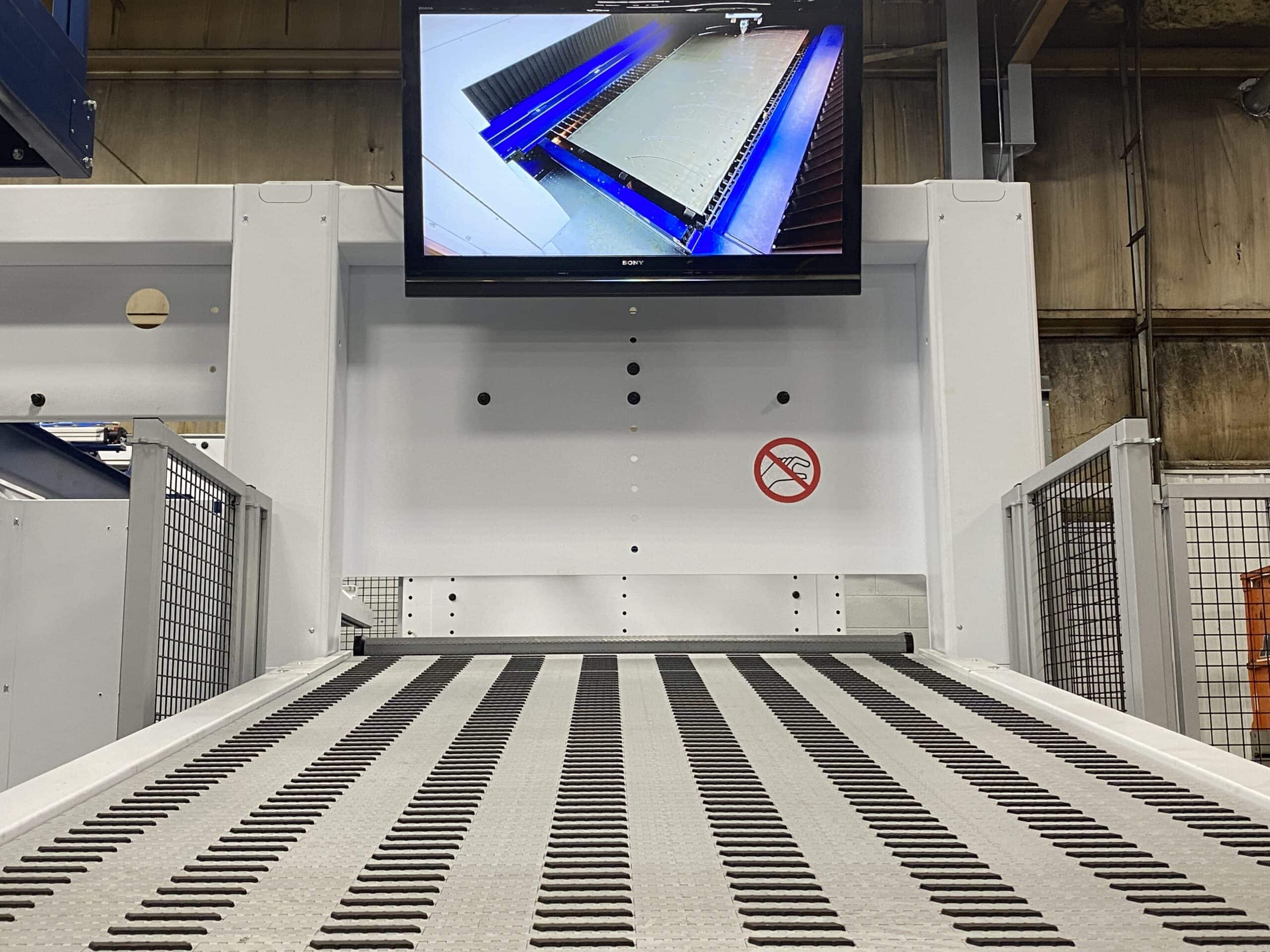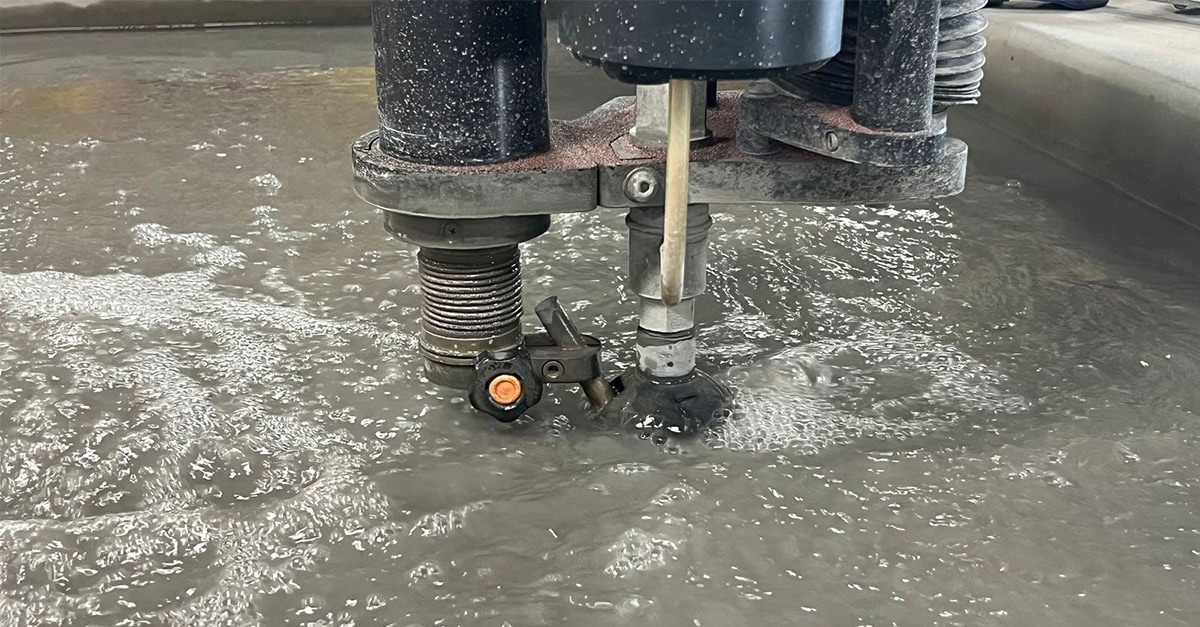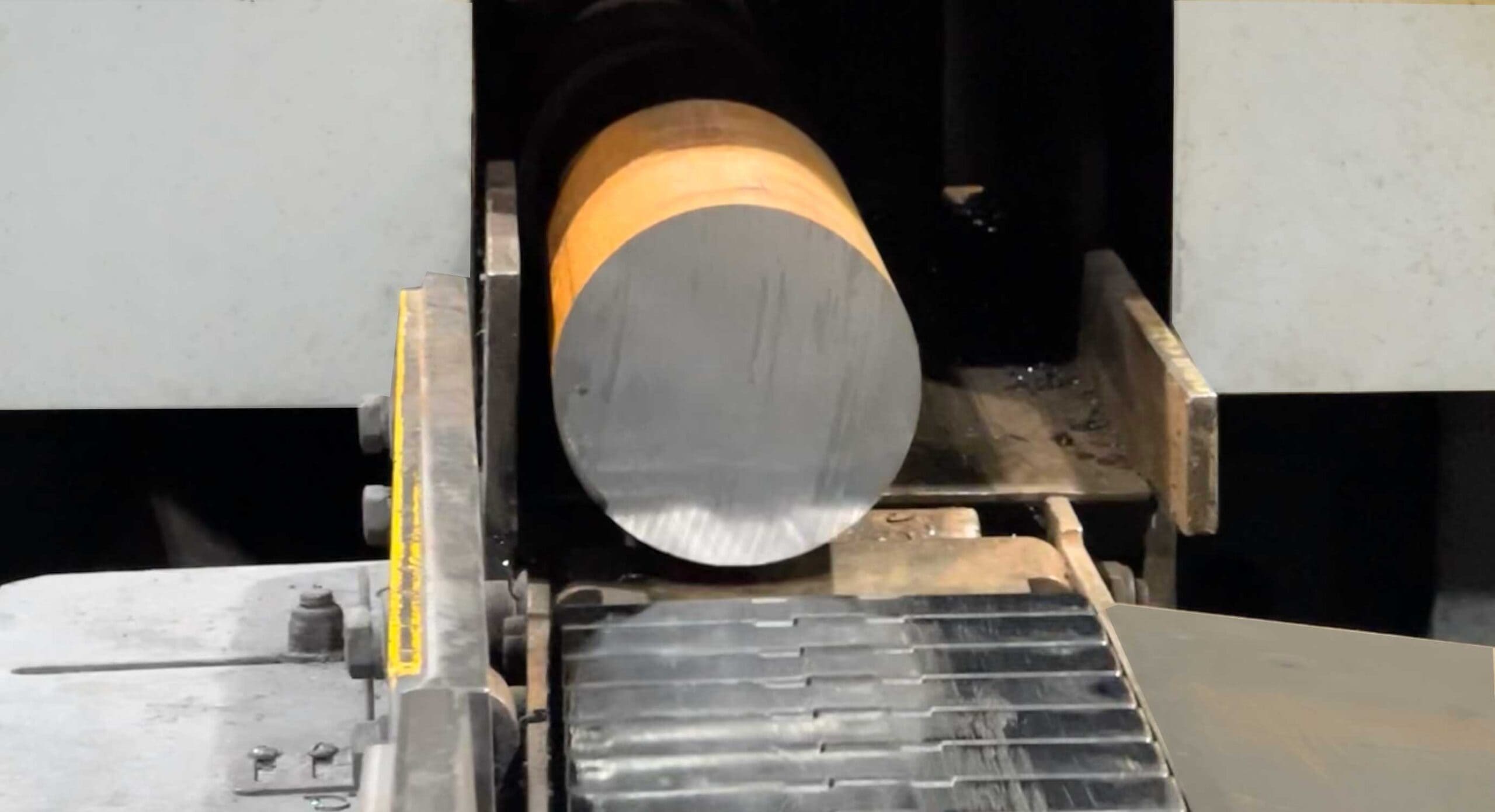Fisher Barton’s cutting capabilities are at the forefront of the industry, incorporating state-of-the-art technologies such as the latest Trumpf laser systems, waterjet cutting, and precision sawing. The integration of Trumpf laser systems enables Fisher Barton to offer high-precision laser cutting services, catering to a wide range of materials and thicknesses with exceptional accuracy and speed. Additionally, their waterjet cutting capabilities ensure clean and precise cuts for various applications. Our saws deliver efficient, lower material costs, and accurate sawing solutions. These cutting-edge technologies, coupled with Fisher Barton’s expertise and dedication to quality, make them a trusted partner for industries requiring advanced cutting solutions.
Cutting Technologies
Laser Cutting
Laser cutting is a highly precise and versatile manufacturing process that utilizes a focused laser beam to cut through materials with exceptional accuracy. Fisher Barton is equipped with the latest 10 kW Fiber vertical cutting system renowned for its efficiency and performance. It provides a powerful and concentrated beam that can effortlessly cut through a variety of materials. The vertical configuration of the machine allows for efficient material handling and maximizes the use of space. With its advanced capabilities, the Laser delivers excellent cut quality, smooth edges, and minimal heat-affected zones, making it ideal for producing intricate components, complex geometries, and precise contours. Designed for industrial applications, Fisher Barton can provide exceptional laser-cutting capabilities that meet the demands of various industries.
Water Jet Cutting
Water jetting is a versatile and effective cutting process that utilizes a high-pressure stream of water to cut through a wide range of materials. This process involves pressurizing water to extremely high levels and directing it through a nozzle with precision. Water jetting can be performed using pure water for softer materials or by adding abrasive particles to the stream for harder materials like metals or ceramics. The high-pressure water stream generated by specialized equipment can cut through thick materials with ease, creating smooth and precise cuts without generating heat-affected zones. Water jetting offers several advantages, including the ability to cut complex shapes, intricate designs, and materials of varying thicknesses. It is a versatile cutting method used in industries such as manufacturing, aerospace, automotive, and architecture, where precision, versatility, and non-thermal cutting processes are desired. See our waterjet in action.
Sawing
We process all material in house with our fully automatic TSUNE CNC saw which allows us to keep material costs to a minimum. With its large capacity, automatic bar feeding, accuracy, and versatile working envelope, we are able to make precision cuts efficiently. This allows us to stay competitive, minimize material waste, and pass these savings on to our customers. We have a wide range of additional services that allows us to stay on the leading edge of our industry. See our TSune Saw in Action!
Chamfering
At Fisher Barton, we pride ourselves on precision and quality, and our TSune chamfer machine exemplifies this commitment. Chamfering, a crucial process in metalworking, involves beveling the edges of a workpiece to remove sharp edges and improve assembly and aesthetics. Our TSune chamfer machine is engineered to deliver exceptional accuracy and consistency, ensuring each piece meets the highest standards. With advanced technology and robust construction, it efficiently handles various materials, providing smooth, clean chamfers that enhance the durability and performance of the final product. See chamfering in action!






